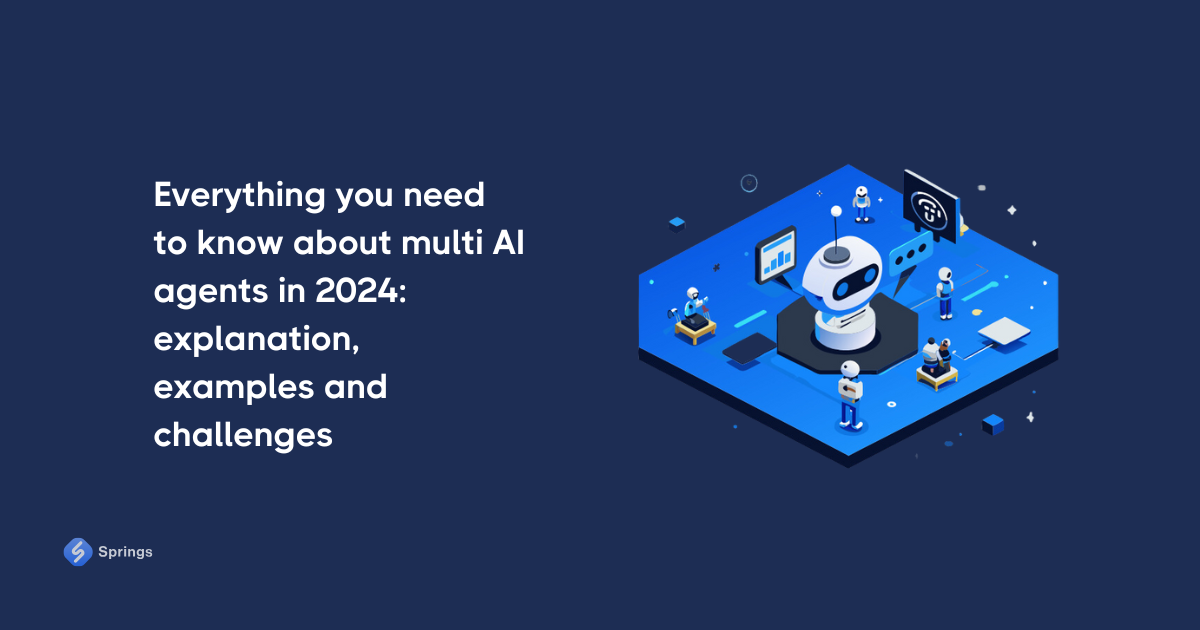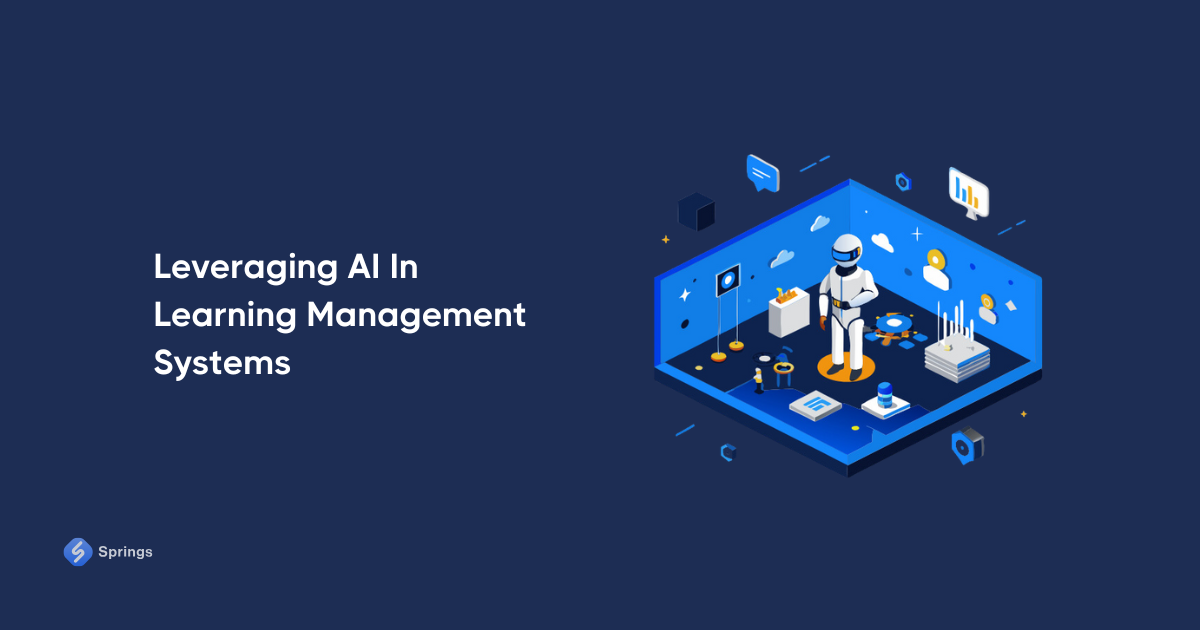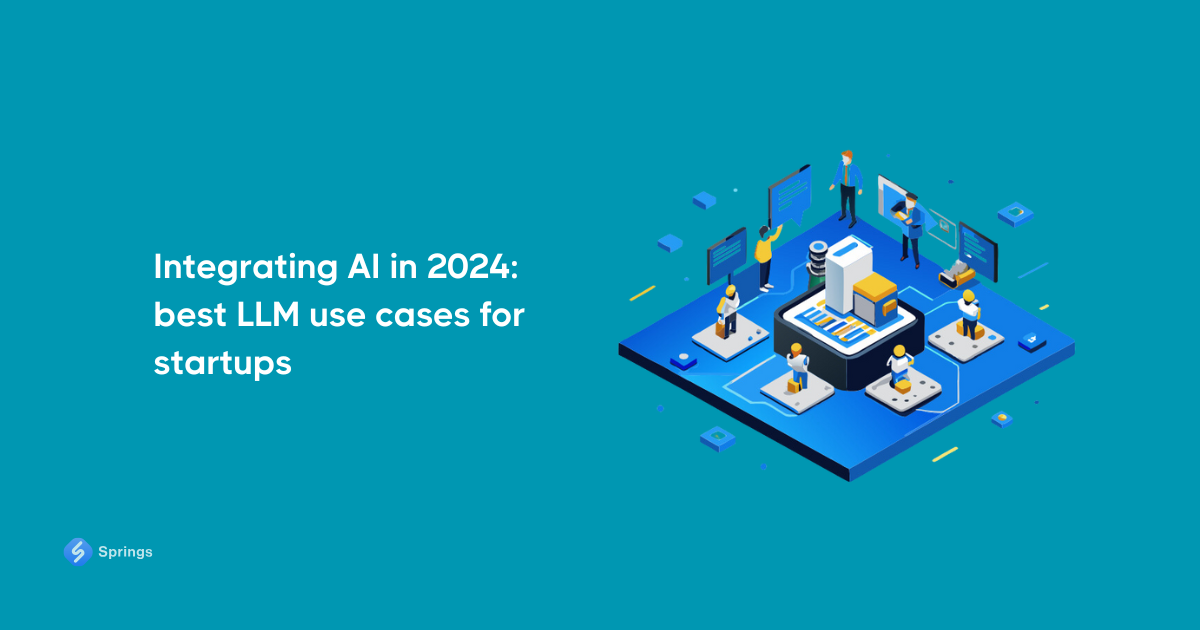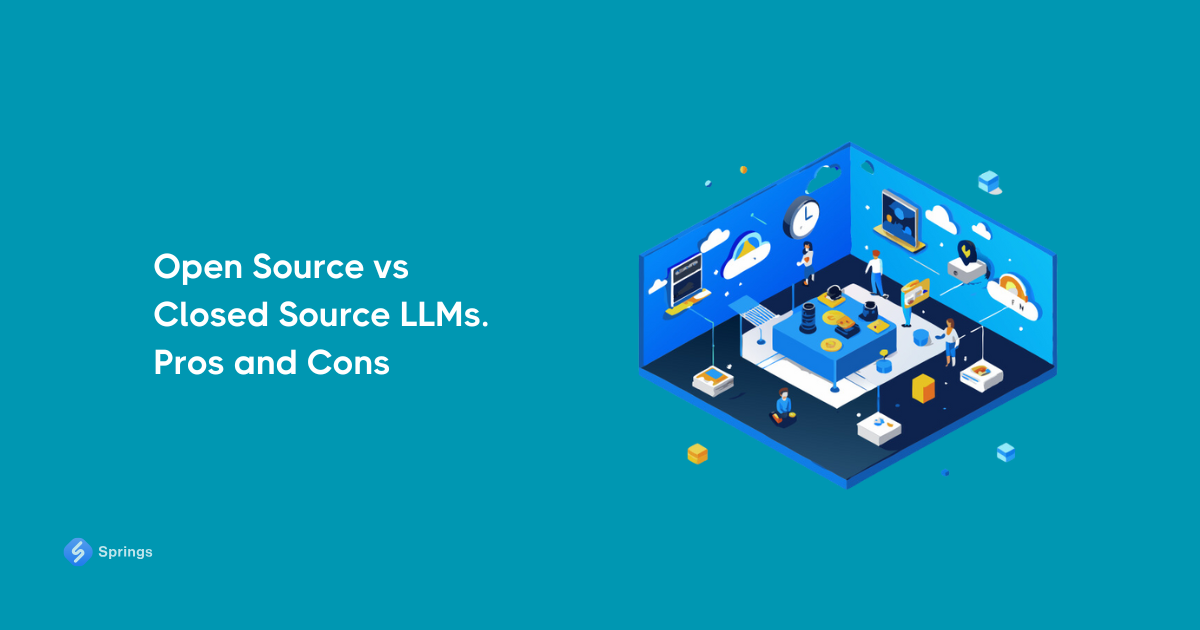The rise of ChatGPT demonstrated the potential of generative AI tech and led to the foundation of many companies in this rising field. They have found new and exciting ways to use technology in business and creative environments. While many companies work in this area, 10 artificial intelligence startups stand out above the rest. Our guide is all about this field of artificial intelligence and what the future holds for it in 2024.
What Is Generative AI?
This term encompasses a wide range of artificial intelligence solutions that create content based on existing materials. They use models and algorithms to generate text, images, video, and audio. AI engineers utilize vast datasets to teach tools how to recognize data structures, patterns, and features. An AI solution can make classical music by learning and analyzing the works of Wagner, Bach, Chopin, Mozart, and other composers. Modern generative AI companies use two main types of generative models.
Generative Adversarial Networks (GANs)
This model has two neural networks: a generator and a discriminator. Engineers use adversarial training to teach them simultaneously. The first component generates synthetic data, and the second determines if the information is real or generated. This approach lets generative AI solutions make highly realistic content.
Variational Autoencoders (VAEs)
This is a version of a probabilistic generative model that makes connections between input information and a latent space from which they create new data. They are best described as creative picture summarizers. VAEs take input, establish how to represent it best, and use this presentation to make similar content.
How Generative AI Transforms Various Industries
This technology goes beyond content generation. Companies and organizations from various sectors have found effective applications for generative AI solutions, the best being:
- Drug discovery. These tools show high effectiveness in assisting pharmaceutical research. Generative AI helps professionals work on the molecular structure of future medicines and predict their efficiency, saving time and labor costs in the process.
- Human resource management. Generative AI solutions help organizations streamline the work of HR departments. They offer an effective way to conduct employee onboarding, training, and upskilling. HR professionals also use them to simulate job interviews and craft test assignments.
- Personalized marketing. Companies worldwide use modern generative AI products to increase conversion rates. This is achieved through personal product recommendations, targeted ads, messages, and reminders.
- Product design and prototyping. This technology assists developers by making concepts and designs for new products. Experts use it to explore various aspects of new products, polish their look, and optimize the development cycle.
- Simulation and training. Generative AI solutions make realistic simulations that enhance the learning experience. Healthcare, aviation, and manufacturing use them to reduce the risks of accidents and provide training that’s close to real-life conditions.
Generative AI Market Map
This year, the generative AI market rose to an impressive $44.89 billion. According to the Statista Market Insights, its size can reach $207 billion by 2030. In 2023, companies worldwide experimented with generative AI tools. 79% of surveyed employees from all seniority levels had exposure to this technology either during or outside of work. Among them, 22% used generative AI to help with the daily tasks.
Organizations also have grown accustomed to these tools. 60% of companies that use AI take advantage of generative tools. 40% of organizations are expected to invest more in artificial intelligence tools due to the technology’s content creation capability. 28% of companies already have plans for implementing generative AI.
Most respondents cite cost reduction, new revenue opportunities, and increasing company value through AI integration as the main reasons for adopting this technology. Tech companies are expected to increase their revenue by approximately 9% thanks to generative AI implementation, followed by banking (5%), pharmaceuticals (5%), and education (4%).
10 Top Generative AI Companies
New startups seem to pop up monthly as everybody wants a piece of the growing generative AI market. However, there are 10 startups that we believe will have the biggest impact in 2024.
Typeface
This platform provides an easy way of tailoring generative content for businesses. Typeface’s LLMs analyze and work with company and brand data to make educational materials, presentations, and marketing content that reflects the unique culture and vision of individual enterprises.
Aside from providing companies with generative AI tools, Typeface offers app integration into existing solutions and systems. One of the world’s top generative AI startups works with such models as Vertex AI, Azure AI, Stable Diffusion, and Open AI’s GPT-4.
Stability AI
This is one of the first companies specializing in video and image content creation. Its Stable Diffusion solution remains popular among users and is a basis for many generative AI applications. This tool uses information from text prompts and creates video and audio content. This entry on our list of generative AI companies offers such products as Stable Diffusion Reimagine, Stable Diffusion XL, and DreamStudio. The startup also has plugins for Blender and Photoshop.
Playform
The Playform startup puts an interesting spin on generative AI technology. It provides a user-friendly alternative to the likes of Adobe Photoshop. The platform’s AUlI capabilities help users transform sketches into artworks. People experiment with different styles and tools, producing truly unique artworks.
In addition to robust image editing tools, this player in the field of artificial intelligence startups offers support for aspiring digital artists through its Platform Studio. With its help, professionals collaborate on projects, get invited to art shows, and have a chance to sell their works.
Open AI
The robust competition among the generative AI startups didn’t shake the prominent position of OpenAI and its ChatGPT solution. One of the most well-known top generative AI companies, it provides access to its versatile tools through APIs, allowing programmers to build custom solutions. OpenAI’s platform has various applications, including content creation, audio transcription, and image editing. Its popular products are GPT-3, GPT-4, DALL-E, and Whisper.
Midjourney
The San Francisco-based startup launched in July 2022. Since then, Midjourney has earned critical acclaim as one of the world’s top generative AI startups and continues to uphold this position. Like DALL-E, it uses text prompts to create intricate and life-like images on par with the best digital art.
The generative AI startup platform had a big update in June 2023. Midjourney’s creators improved the tool’s ability to comprehend user prompts and make more detailed pictures. One of its main advantages is the ability to make high-rez and quality content.
Jasper
Businesses turn to Jasper for high-quality corporate and marketing content. The generative AI company specializes in blog, email, website, and social media content creation. It lets companies develop a consistent brand image and manage digital marketing efforts.
Jasper’s applications include short and long-form content, language modeling, and dialog-driven materials. It makes content in different languages and helps run effective campaigns. Jasper was founded by Chris Hull, Dave Rogenmoser, and John Philip Morgan in 2021.
Glean
Another brainchild of former Google developers, Glean is a generative AI platform that’s designed for better team organization. The platform belongs to a niche of artificial intelligence startups that offer effective sharing and usage of internal data and provide clients with a powerful Vector search engine. The tool uses deep-learning LLMs that let it understand user requests.
The engine constantly learns how to comprehend the unique language used by companies and make search results more relevant. Clients ask the assistant to provide summaries, analyses, and answers from conversations, documents, and team tickets. Glean’s tools work under the latest privacy and security guidelines.
Elai
This startup has been around for only a few years but has built quite a reputation for itself. Elai is currently one of the top generative AI companies that provide organizations with an affordable way of creating video content from text. The generative AI platform makes presentations from scratch, using client photos or premade avatars.
The solution currently supports video creation in 28 languages, including German, French, and Spanish. Aside from making business presentations, Elai makes employee training videos and turns knowledge bases into a visual form. It’s one of the best generative AI startups when it comes to saving costs and reducing video production time.
Character.AI
Amid the more serious chatbots, Character.ai lets its users have some fun with generative AI. The startup was founded by former Google developers who worked on the LamDA family of LLMs. It first became publicly available in September 2022. This year, the startup released a smartphone app that boasts millions of downloads.
This solution allows users to make characters and give them certain personality traits. They can be later shared with the Character.ai community. Users create chat avatars based on fictional and real people. These characters help with creative writing or even host text-based adventure games.
Anthropic
This startup is one of OpenAI’s top competitors, and for a good reason. Anthropic was founded by people who previously worked for ChatGPT’s creator. The company is known for its Claude tool, which works similarly to OpenAI’s generative platform. Since March 2023, people have used the solution to create accurate and customizable texts.
Claude offers a wide range of applications, including customer support, translation, text summarization, employee training, and process automation. Programmers even use it to create and edit application code. There are currently several versions of this tool available, including Claude Pro, Claude Instant, and Claude.
The Future of Generative AI Companies
These development companies have the potential to advance generative AI technology and find new applications for it. Several trends and developments will dictate the future of these organizations in 2024.
- NLP advancements. Companies will continue working on LLMs, leading to more robust chatbots, generative tools, and conversational agents.
- Human-AI collaboration. Instead of replacing human experts, AI tools help them on creative projects and making decisions, making their collaboration tighter.
- Ethical development practices. Generative AI companies may develop comprehensive guidelines about responsible programming to reduce biases and address accountability and transparency issues.
- Cross-discipline usage. It’s possible that these organizations will explore combining generative technologies with other technologies, like AR, VR, and computer vision.
- Simulation advancements. Generative AI companies can develop more sophisticated educational tools and environments for safe training and product prototype testing.
Whether these forecasts come true, it's important that AI development moves toward responsible development and building guidelines for its use across all industries. They will be the key factors in the ongoing adoption of generative AI tools.





